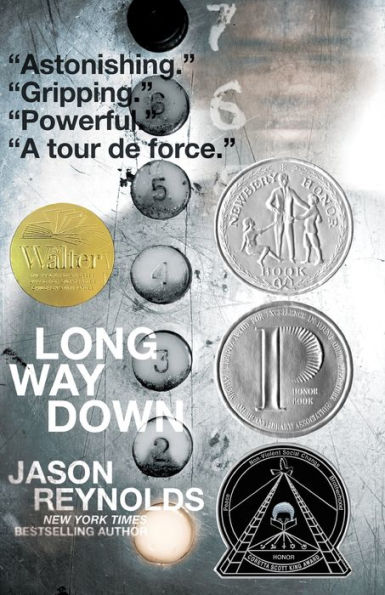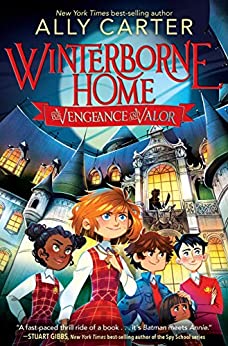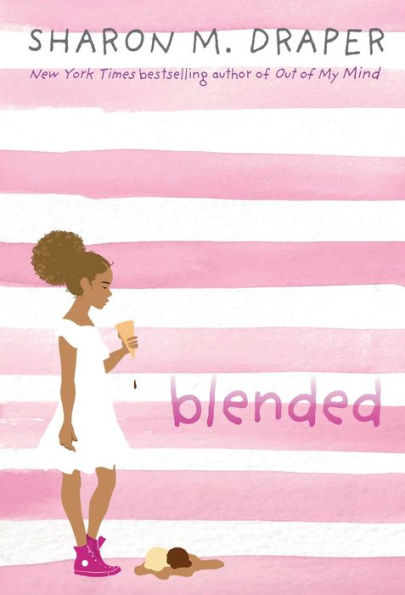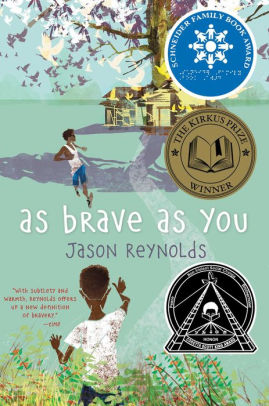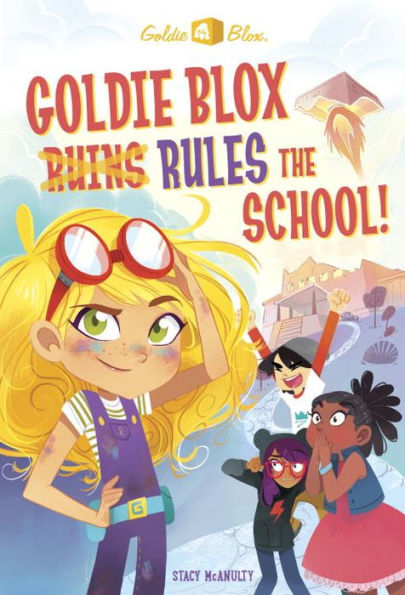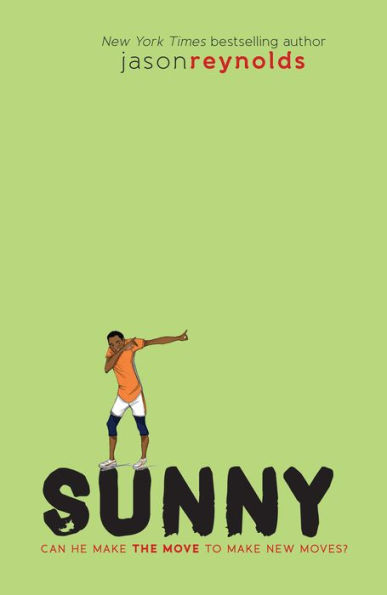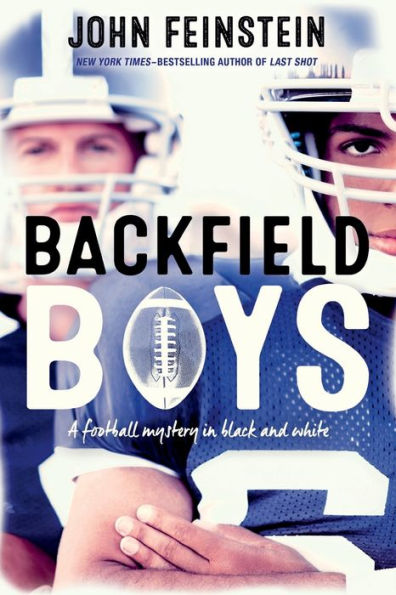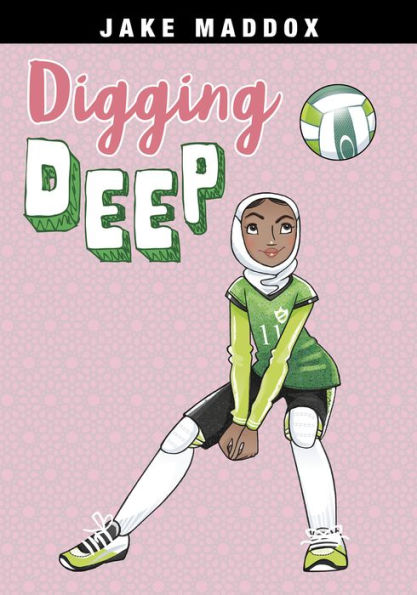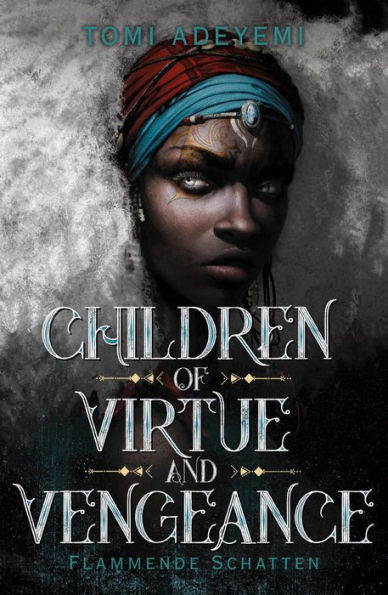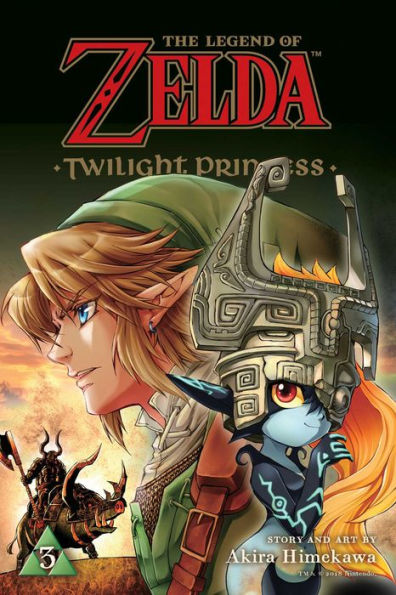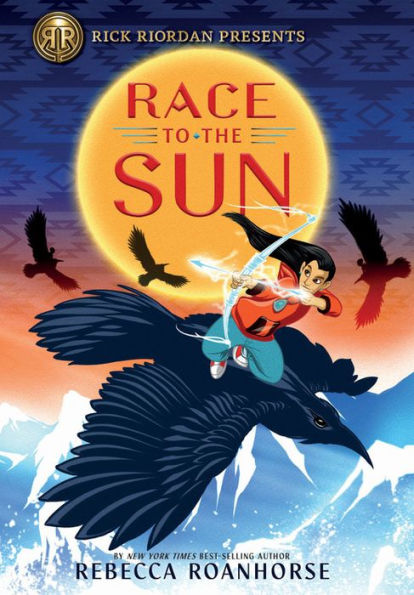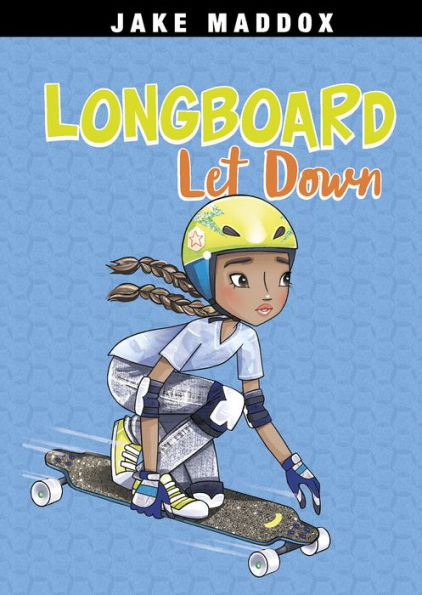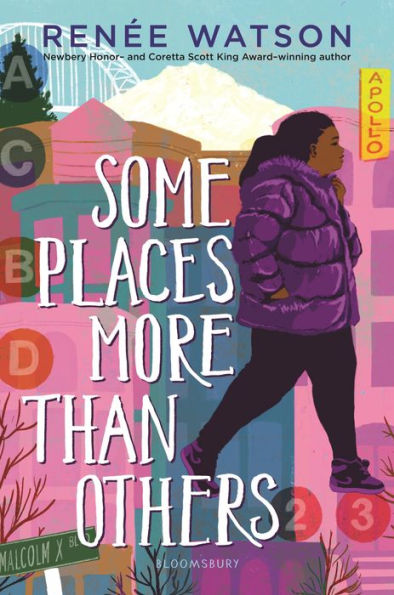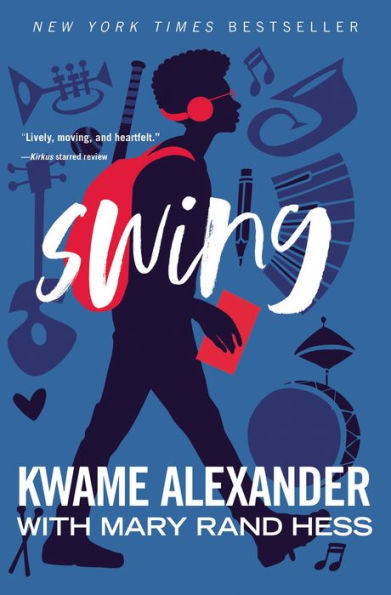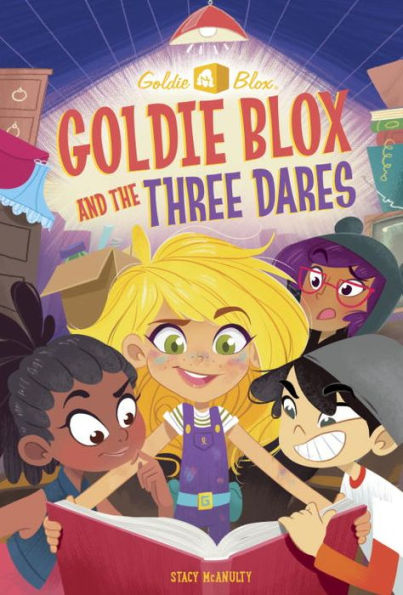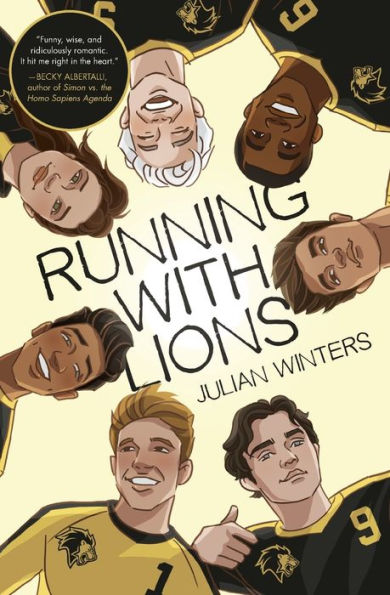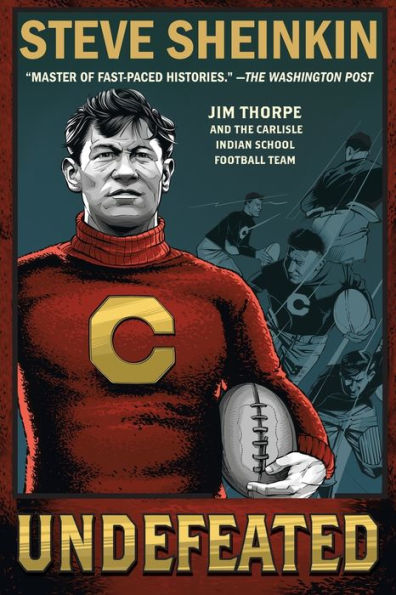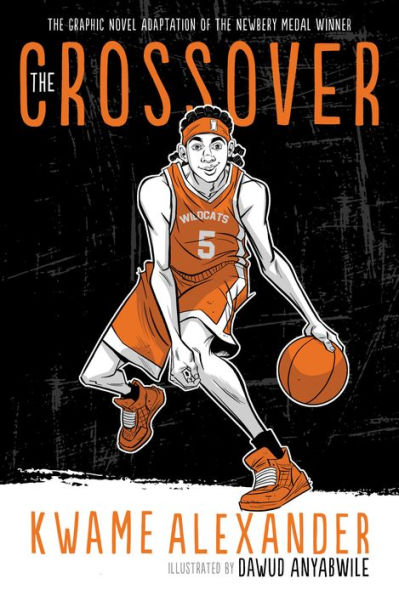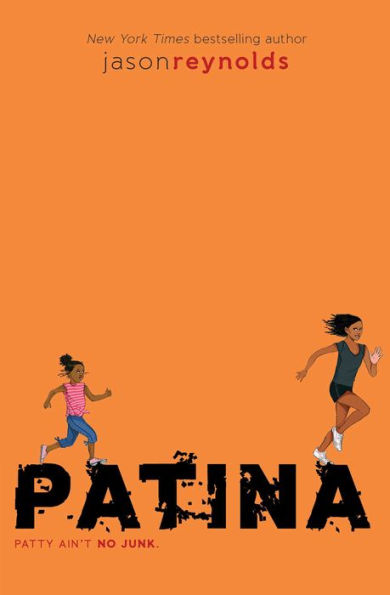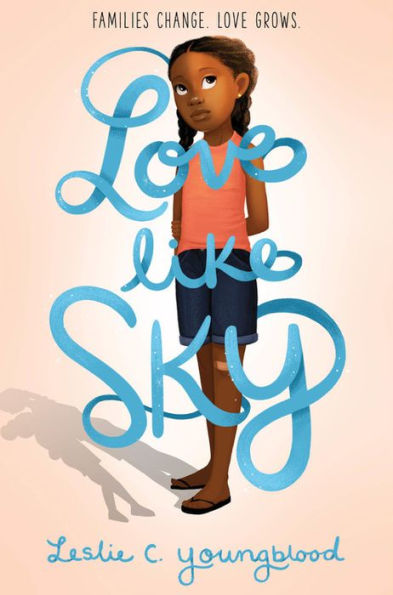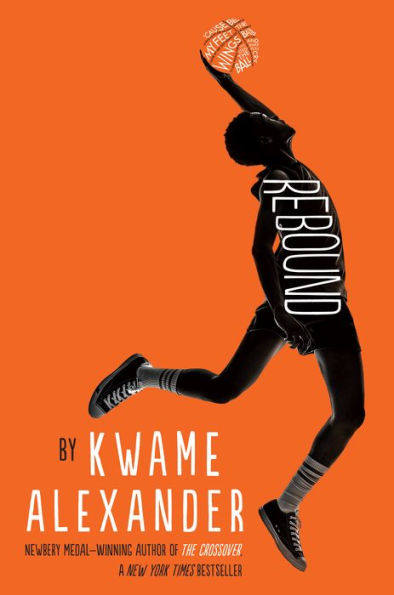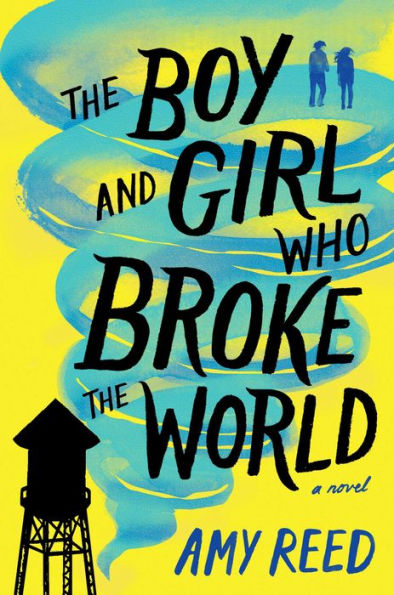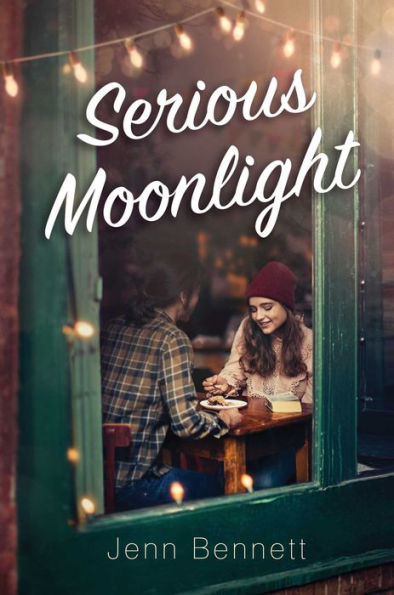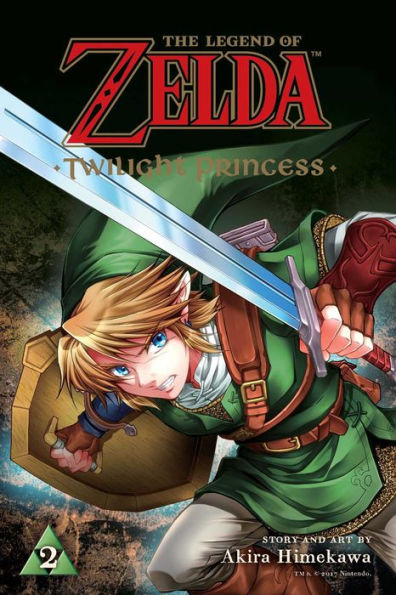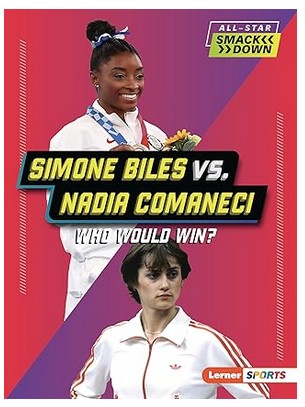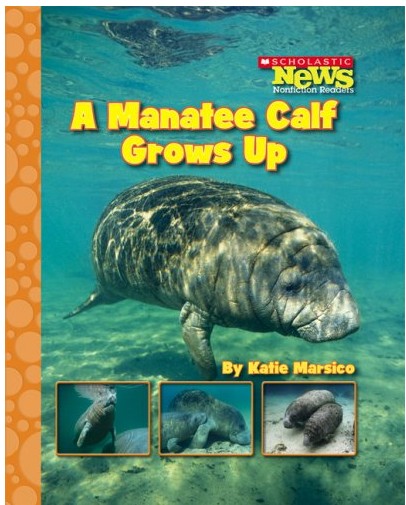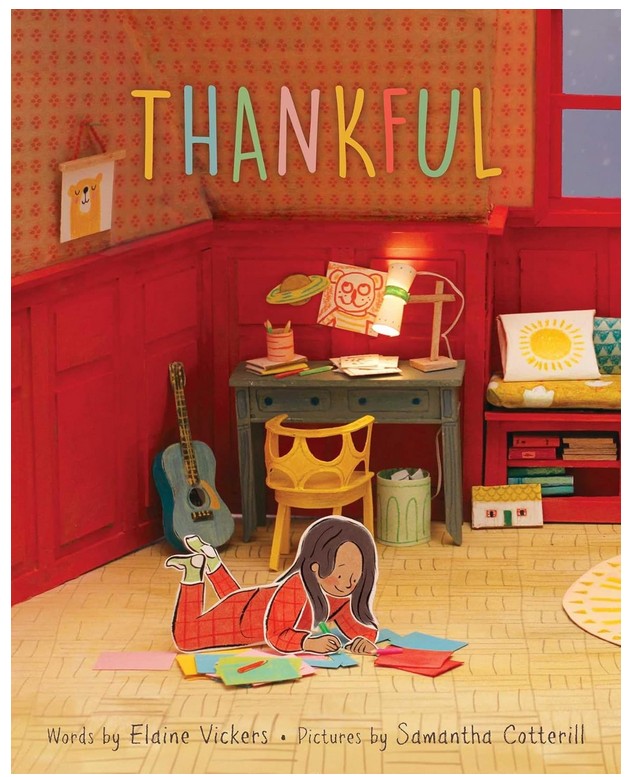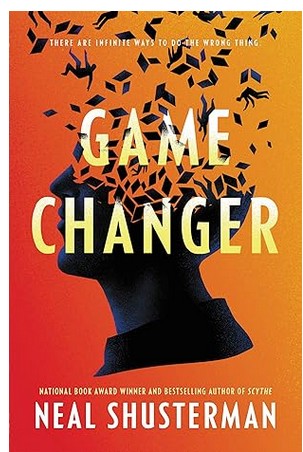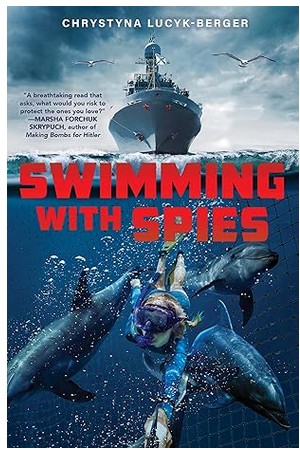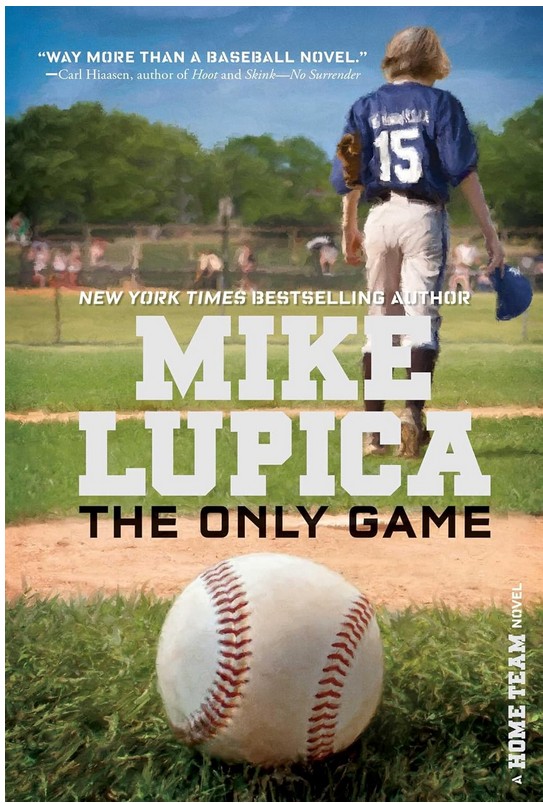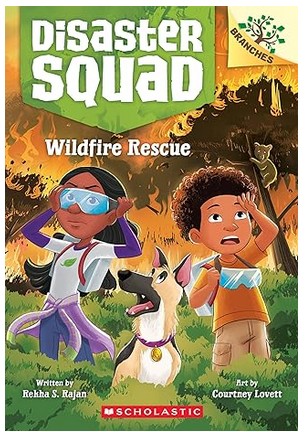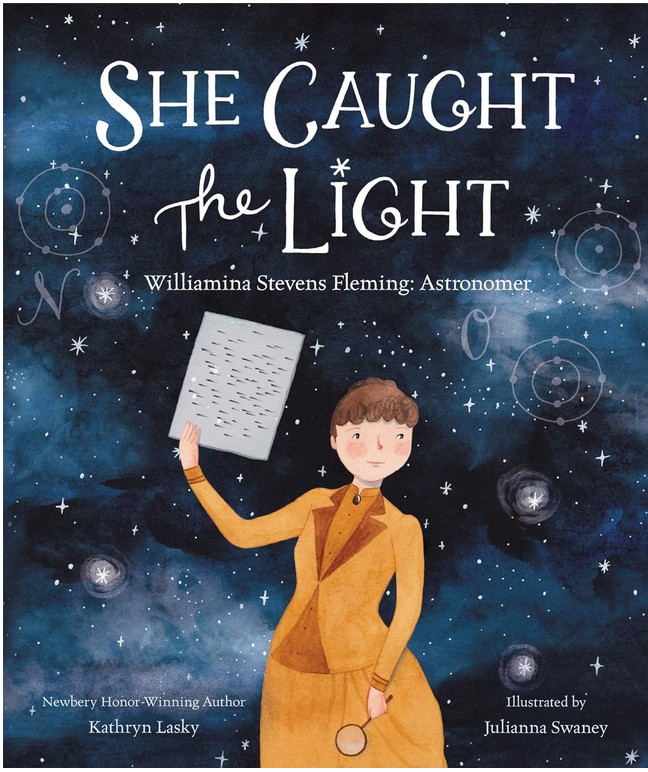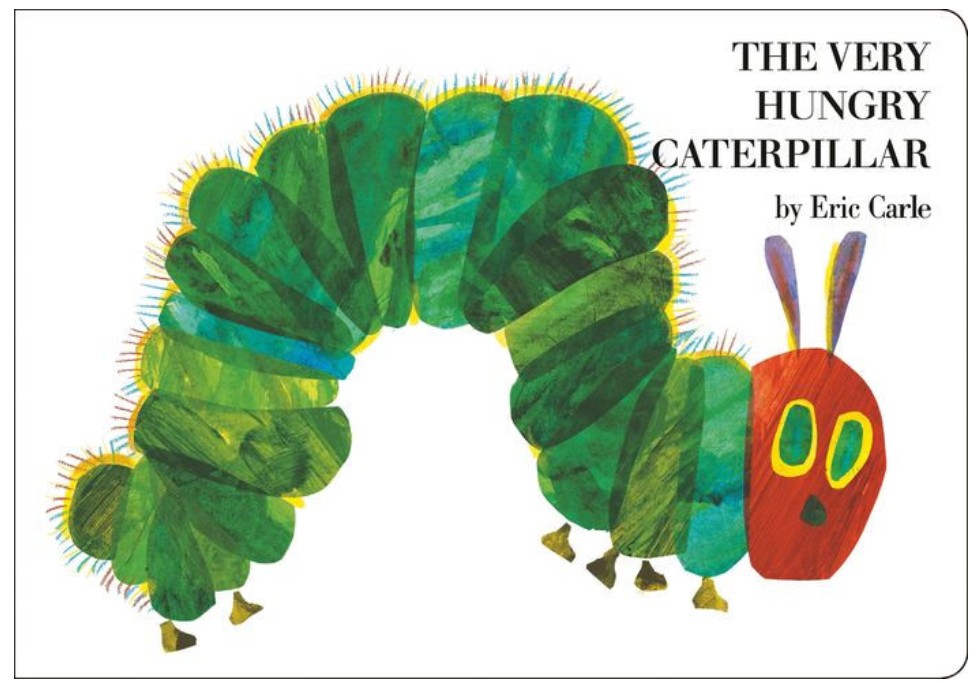Somebody shot and killed Will’s brother Shawn, and Will thinks he knows who did it. The morning after Shawn’s death, Will picks up his brother’s gun and gets in the elevator of the apartment building with his heart set on revenge. That’s when things get weird.
Sixty seconds. That’s how long it takes Will to reach the bottom and exit the elevator, but in those sixty seconds Jason Reynolds crafts a story where Will confronts nasty truths about the events that killed not only his brother but his other relatives and friends over the years. Will faces literal ghosts in the elevator that he never thought he’d have to confront. In those sixty seconds, Will must shape the course of his life.
Although Long Way Down takes place over a course of a minute, the story is packed with twists and turns. Early on, Will learns that the other people who entered the elevator are ghosts come to warn him. Each ghost is someone from Will’s past, and through discussion and memories, Will forms new understandings about the violent, revenge-hungry world that has shaped him and his ideas of justice.
The ending is ambiguous and the reader does not find out if Will follows through on his revenge plot. It is clear from the ghosts’ stories and Will’s code of justice that if he takes vengeance, he’ll end up dead like the ghosts. It could be insinuated that they are asking Will if he’s ready to join their ranks by making the same mistakes. Will learns that violence is cyclical and feeds itself. Long Way Down has a heavy message but shows that Will has the power to choose a different path. Even though he and his family have been wronged, the themes within the story make it clear that revenge is never the way out. And, most importantly, Will is the only person in charge of his own destiny. The ghosts give him the tools to determine his fate, but only he makes his own destiny.
Will’s story is told free-verse which highlights the speed at which Will learns from the ghosts and the speed of the descending elevator. Long Way Down packs a punch because it’s short and moves quickly. In this way, the message never leaves center stage, but it’s also never beaten like a dead horse.
Long Way Down is one of Reynolds’ more serious stories, and the plot works well with the somber tone. It’s a hard-hitting tale that demands that each person evaluates the meaning of justice and the consequences of their actions. Some of the events described are dark and may upset younger readers, but these scenes all highlight the main themes. Long Way Down is an excellent story that presents the power of choice and compassion in the lives of everyone, including the people we never get the chance to meet. Fans of Charles Dickens’ A Christmas Carol will appreciate the similarities that appear in Long Way Down. While Reynolds doesn’t mold his story around the Christmas season, both stories show how one event can drastically change a person’s life. Readers can also find Long Way Down in graphic novel format.
Sexual Content
- Will and Shawn’s mom prayed that Shawn “wouldn’t get Leticia pregnant.”
- Shawn gives Will some of his cologne and said that “[Will’s] first girlfriend—/ would like it.”
- A girl enters the elevator, and Will describes her as “Fine as heaven… [Will] was/ walking [his] eyes/ up her legs,/ the ruffle and fold/ of her flower/ dress, her/ arms, her/ neck, her/ cheek, her/ hair.”
- Will doesn’t want to flirt with the girl in the elevator because “it’s hard to think about/ kissing and killing/ at the same time.”
- The girl knows Will’s name. Will thinks, “if a girl says she knows you/ but ain’t never met her/ then she’s been/ watching you./ Clockin’ you./ Checkin/ you.” He continues to “load up [his] flirts.”
- The mystery girl’s name is Dani; she and Will were childhood friends. Dani says to Will, “You remember, on this day,/ I kissed you?”
Violence
- Will’s brother Shawn “was shot/ and killed.” Will has flashes where he describes Shawn’s death. Once, Will narrates, “And then there were shots./ Everybody /ran, /ducked, /hid, / tucked/ themselves tight . . . the buzz of a bullet,/ ain’t meet us.”
- Will lists off “The Rules” for when someone is killed in their neighborhood. The third rule is “If someone you love/ gets killed,/ find the person/ who killed/ them and/ kill them.”
- Shawn’s side of the bedroom is all neat and clean except for one drawer that “was jacked up on purpose to keep [Will] and Mom out/ and Shawn’s gun in.”
- Will thinks that Shawn’s so-called friend, Carlson Riggs, shot Shawn. Will has a few theories for why, including that Carlson moved and joined a gang called Dark Suns. Will thinks Carlson shot Shawn because Shawn crossed into their turf “as the corner store/ that sells that special soap/ my mother sent Shawn/ out to get for her the/ day before yesterday.”
- Will plans to kill Carlson with Shawn’s gun. Will would “pull my/ shirt over my mouth and nose/ and do it.”
- While playing in the park, Dani was shot and killed by unnamed gunmen. “Gunshots,/ she said . . . Dani said her body burned/ and all she wanted to do was/ jump outside of herself,/ swing to somewhere else.”
- Will saw Dani die. “Her eyes wide, the brightness/ dimming. Her mouth, open./ Bubble gum/ and blood.”
- Another ghost enters the elevator and accosts Will. “Two large hands . . . snatched fistfuls of my shirt,/ yoking me by the neck,/ holding me there until/ the elevator door closed.”
- Uncle Mark videotaped everything he could, including, “gang fights,/ block parties.”
- In order to take Uncle Mark’s drug-dealing corner, a guy killed him. Will says, “Unfortunately,/ [Uncle Mark] never shot nothing/ ever again./ But my father did.”
- Will narrates, “Shawn always said/ our dad was killed/ for killing the man/ who killed our uncle./ Said he was at a pay/ phone, probably talking/ to Mom, when a guy/ walked up on him,/ put pistol to head . . . But that was the end/ of that story.”
- Will’s dad tells Will about how he killed Uncle Mark’s killer. Will’s dad says, “Hood over my head./ Gun from my waist/ and by the time he saw me/ I was already squeezing.” Later Will’s dad discovered that he killed the wrong guy.
- Will’s dad takes Will’s gun and puts it up to Will’s head. “Pop stood over me,/ the gun pressed against/ the side of my face.” Will freaks out and Pop backs up, giving the gun back to Will.
- A ghost named Frick enters the elevator. Buck says, “This is the man/ who murdered me.”
- Frick “shot [Buck]/ twice/ in the stomach,/ in the street.” Frick was only supposed to rob Buck, but Buck “swings at [Frick]… I got scared./ So I pulled/ the trigger.”
- To be a Dark Sun, one must have “a cigarette burn under the right eye” and rob, beat, or kill someone.
Drugs and Alcohol
- Buck smokes a cigarette in the elevator. Buck offers one to Dani, who takes “one/ from the box.”
- Uncle Mark is seen in family photos with a “cigarette tucked/ behind ear.” He also smokes in the elevator.
- Will says of smoking, “I don’t smoke./ Shit is gross.”
- Uncle Mark lost his camera. To get another, he decided “to sell [drugs] for one day. . . Uncle Mark/ took a corner,/ pockets full/ of rocks to/ become rolls.” One day turned into months.
- Will’s Mom “cried and drank” herself to sleep.
- Will talks about Buck. Will remembers that Buck was “a small-time hustler,/ dime bags on the corner” until Will’s dad was killed.
Language
- Profanity is used often. Profanity includes damn, asshole, and hell.
- The word “fuck” is used once. Shawn has his gold chain on him when he’s shot. Will says about the chain, “Them fuckers ain’t even/ snatch it.”
- After Shawn’s death, Will sees himself in the mirror and says “I looked and/ felt like/ shit.”
Supernatural
- A childhood friend of Shawn’s, Buck, appears in the elevator. Buck is a ghost because he was shot and killed years previous. When Buck smokes, there’s “Fire./ Smoke./ But no ash.” As new people enter the elevator, it becomes clear that several ghosts are visiting Will to give him guidance and warnings.
Spiritual Content
- Will thinks about God and says, “I swear sometimes/ it feels like God/ be flashing photos/ of his children,/ awkward,/ amazing,/ tucked in his wallet/ for the world to see… God ain’t/ no pushy parent/ so he just folds/ and snaps/ us shut.”
- Buck’s stepfather was a preacher, “praying for anyone,/ helping everyone.”
by Alli Kestler
